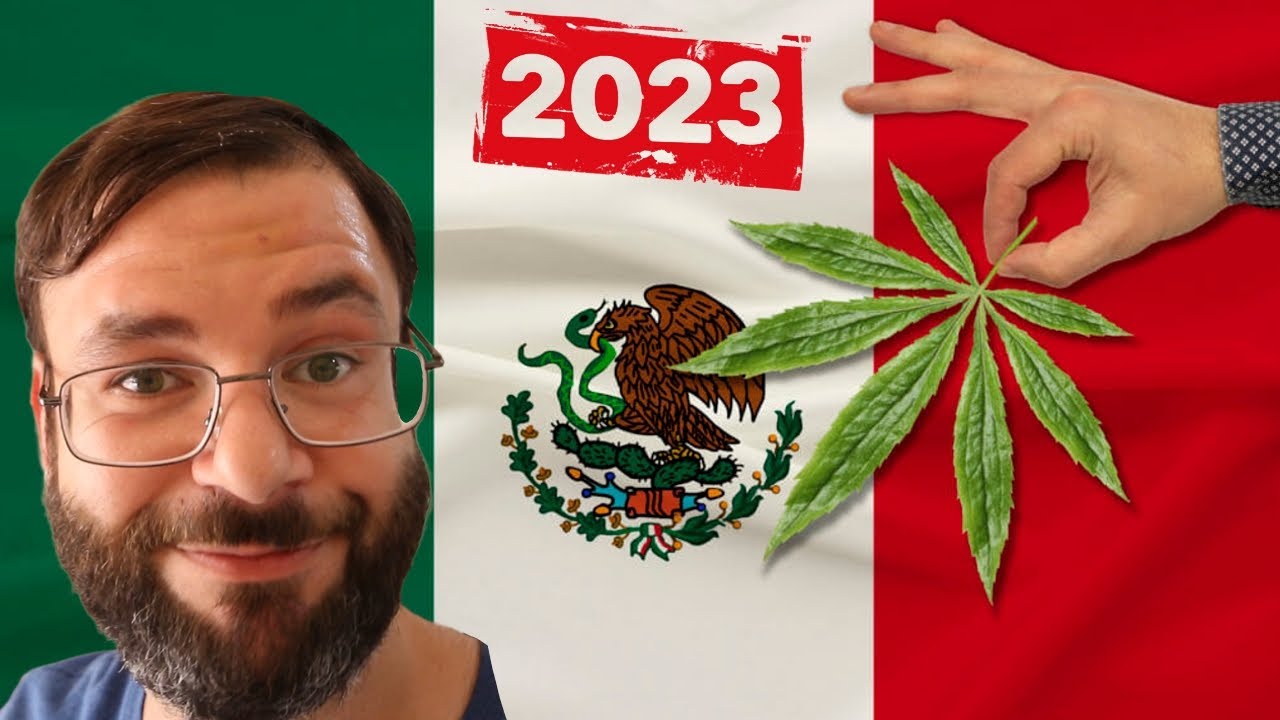Understanding Pull Factors Attracting Farm Families to Mexico City
The magnetic allure of Mexico City extends across the country, drawing in families from farming communities with the promise of better economic opportunities. Unlike the strenuous and often unpredictable agricultural work, Mexico City offers diverse job prospects not limited to, but including industrial, service, and cultural sectors. This potential for stable income is a strong pull factor, motivating farm families to migrate in hopes of more secure financial futures.
The vibrancy of urban life in Mexico City can be particularly enticing for younger members of farm families, who are often eager to explore new educational avenues and lifestyle choices not available in rural areas. With its array of universities and training institutes, the capital city becomes a beacon for those seeking to expand their knowledge and skills, promising a more dynamic and potentially prosperous life than the one left behind.
Besides the tangible economic benefits, the rich tapestry of social and cultural experiences found in Mexico City exerts a powerful draw. Events, festivals, and the sheer energy of bustling city life present a sharp contrast to the tranquility of rural living, offering new forms of community and entertainment which can be particularly appealing to those looking for change.
Healthcare and other essential services are more readily available and typically more advanced in Mexico City than in the countryside. Improved access to quality medical care, better schools, and modern amenities contribute to the allure of the city, convincing farm families that the urban environment could offer a healthier and more comfortable lifestyle for their children and future generations.
Lastly, the network of established communities from various regions of Mexico within the city can provide a sense of belonging and support for newly arrived families from the countryside. This social pull, the chance to be a part of a larger community while maintaining cultural ties, often plays an underrated role in the migration process, creating a comforting bridge between the familiar rural background and the exciting promise of urban life.
The Lure of Economic Opportunities in Mexico City
Mexico City, as the vibrant capital of Mexico, is not only a melting pot of cultures and history but also a hub for economic development and business opportunities. The city’s ever-growing economy, strategic role in Latin America, and host of multinational corporations make it an attractive destination for both entrepreneurs and job seekers.
A Hub for International Business and Trade
Mexico City’s strategic geographic location positions it as a gateway between North and South America, making it a key player in international business and trade. The presence of numerous free trade agreements facilitates access to global markets, drawing in businesses looking to capitalize on these advantageous trade conditions. Furthermore, Mexico City’s robust infrastructure, which includes two main airports and an extensive public transportation network, makes the city highly connected both internally and on an international scale.
Thriving Entrepreneurial Scene and Startups
In recent years, Mexico City has witnessed a surge in its entrepreneurial ecosystem, spurred by an influx of venture capital investment and government initiatives aimed at fostering innovation. The city is now home to a plethora of co-working spaces, accelerators, and incubators that support the development of startups across various sectors. Tech startups, in particular, are burgeoning, with some becoming regional leaders and contributing to the reputation of the city as Latin America’s own Silicon Valley.
Booming Job Market in Diverse Sectors
The vast economic spectrum of Mexico City spans from traditional commerce to modern services, creating a booming job market for professionals with a wide range of skills and backgrounds. The demand for skilled labor in sectors such as finance, telecommunications, and digital services remains high as these industries continue to expand within the city. Moreover, Mexico City’s cultural richness and economic growth have led to a rise in tourism, hospitality, and gastronomy sectors, all demanding a dynamic workforce to sustain momentum.
Social and Cultural Magnetism of Mexico City for Rural Migrants
Mexico City has long stood as a beacon of opportunity for individuals from rural areas seeking to redefine their lives. The city’s pulsating energy and promise of economic advancement have made it a hub for those eager to escape the limitations of their hometowns. The transition from a rural to an urban environment is often driven by the search for employment in industries that flourish in the metropolitan area.
Once within the confines of the metropolis, migrants are greeted by a remarkable array of social experiences that starkly contrast with their former lives. Mexico City’s rich tapestry of festivals, culinary delights, and expansive markets offers newcomers a chance to interact with the city’s diverse inhabitants and immerse themselves in a vibrant cultural milieu. This social immersion often provides a comforting sense of community and belonging, easing the transition and fostering a unique blend of urban and rural traditions.
Furthermore, the capital’s educational institutions serve as a crucial draw for rural families who prioritize their children’s advancement. With some of the country’s most prestigious schools and universities located here, Mexico City opens doors to knowledge and skills that promise to elevate the next generation beyond the scope of agrarian life. The prospect of an education acts as a powerful incentive for rural migrants who seek to secure a brighter future.
Moreover, the very architecture and design of Mexico City reflect a labyrinth of historical influences that fascinate newcomers. From the ancient Aztec ruins of Templo Mayor to the modernist sweep of Paseo de la Reforma, the city embodies a living museum, constantly educating and inspiring its residents. For many rural migrants, the exposure to such a rich historical narrative fosters a deep connection to the nation’s past and a shared identity within its future.
Lastly, the lure of Mexico City for rural migrants is augmented by the allure of upward mobility. The city is a platform for self-expression and innovation, allowing individuals to share and develop their rural heritage in new, creative ways. Entrepreneurs find a bustling marketplace eager to embrace unique ideas rooted in traditional customs, while artists contribute to the city’s cultural landscape by infusing it with rural motifs and storytelling traditions. This exchange of experiences creates a symbiotic relationship between the rural migrant community and the urban setting, fostering an ongoing cultural evolution.
Assessing the Urban Promise: Why Farm Families Move to Mexico City
Migration from rural to urban areas has been a defining feature of Mexico’s demographic landscape over the past several decades. Farm families, in particular, have been drawn to Mexico City’s vibrant urban environment, which seems to hold the promise of a better life. The factors driving this urban migration are multifacitated, including the quest for improved employment opportunities, access to education, and the allure of perceived urban modernity.
Traditionally, farm families subsist on agricultural activities that are subject to the vagaries of weather, market demand, and other unpredictable elements. In contrast, Mexico City presents a myriad of economic possibilities. The availability of jobs in manufacturing, services, and the informal economy offers a stark contrast to the limited income-generating activities in the countryside. Stable employment and the potential for upward mobility act as powerful magnets for these families, despite the challenges associated with city life.
Education is another key component in the rural-to-urban transition. Farm families are increasingly recognizing the importance of educational opportunities for their children’s future. In Mexico City, the density of primary, secondary, and tertiary educational institutions surpasses that found in rural areas. This abundance of educational resources not only equips the younger generation with necessary skills but also opens doors to professions and careers unattainable within their rural environments.
Finally, the pull of the urban promise is augmented by the cultural and social narratives that glorify city life. Mexico City’s global cultural influence, entertainment options, and social diversity contrast sharply with the limited cultural experiences available in rural areas. For many farm families, relocating to the city is not merely a strategic move for economic benefit but also an aspiration to be part of a broader and more varied social tapestry.


